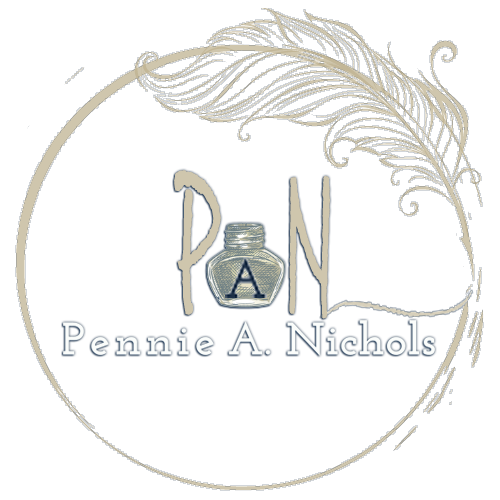Death: Sudden, expected, tragic, peaceful, violent, natural, unjust. However we label it, death is inevitable—promised from the moment we are born. But when it comes close, when it touches our own circle, we pause. We reflect. And often, we wonder: What do I say? How do I show up for the dying?
When Death Comes Close
My cousin told me her dad was coming home from the hospital with hospice care.
“I’ll swing by on my way out of town,” I said, casually.
But I almost didn’t. I needed to leave, she wasn’t answering the phone, and I figured I’d drop in when I came back in a couple of weeks.
I finished packing, looked at my phone, “I’m on the phone. We’re home.”
Thanks to that small text, I turned left instead of right when I left.
Visiting a Loved One in Hospice
My uncle was in his spot in the den, but this time, in a hospital bed instead of his recliner.
“This is fancy,” I told him, holding up his remote controls.
“I know,” he smiled.
What do you say when someone is dying? Many of us get so tangled up in the gravity of the moment and what’s right to say that we end up doing nothing.
My uncle and I didn’t have a profound conversation. I didn’t make morose observations—I’m going to miss you so much. In the moment, I worried that my visit, my voice wasn’t enough, but reflecting now that he’s gone, I’m not worried how perfect or imperfect my visit was. He died eleven days after my visit. I’m grateful I didn’t put it off.
Sometimes what we say and how we say are less important than just showing up. I held his hand, like I used to hold Mom‘s. I talked about what was in the room, in that moment and current with me: his remote-controlled bed, his recent escape from the hospital, jeopardy, the weather.
Trivial? Maybe. But sometimes trivial is the cool, sweaty glass of fresh water in the middle of an existential transition.
The Power of Just Showing Up
My uncle drifted off after a very few minutes, probably making ready his plans for the transition. I visited with my cousin a few minutes, sharing minutia and trivia of daily life, but maybe that’s the dose of doldrum she needed as she held wake over her father.
He didn’t want to die in a hospital. My cousin made sure he didn’t.
Death makes us reflect on the life we have left, on the absurdities we cling to, on the difference we make, on how we support someone (and want to be supported) at the end of life.
I don’t fancy that I made a mammoth difference in my uncle’s last days, but showing up makes a difference in how I carry his memory forward.
Lessons From the Dying
When death comes to your family and friends, how do you respond? Do you freeze up, searching for the right words, or do you show up—imperfectly but fully?
If you’ve walked through hospice with someone you love, or if you’ve learned how to comfort the dying in your own way, I’d love to hear your story. Share it in the comments. Your words might be the encouragement someone else needs.
©Pennie Nichols. All Rights Reserved. 2025


Recent Comments